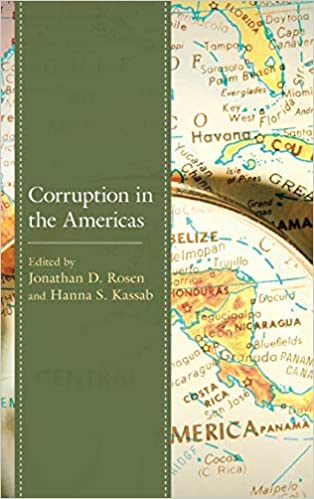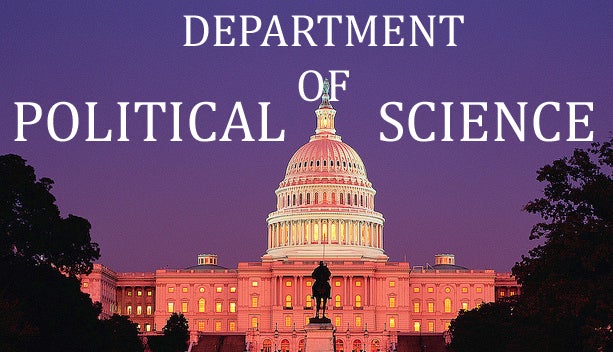Dr. Sapna Varkey completed her Master of Public Administration at East Carolina University. Afterwards, she completed her Ph.D. in Public Administration at North Carolina State University. She is currently an Assistant Professor at the University of Missouri-St. Louis. She is a nonprofit and public management scholar specializing in publicness. Her research identity focuses on organizational performance and the institutional pressures and organizational structures and practices that influence outcomes. Her research agenda explores how organizational characteristics affect service delivery and how to improve services. Sapna completed her Bachelor of Arts at the University of North Carolina at Chapel Hill and double majored in political science and public policy with a concentration in social justice.

